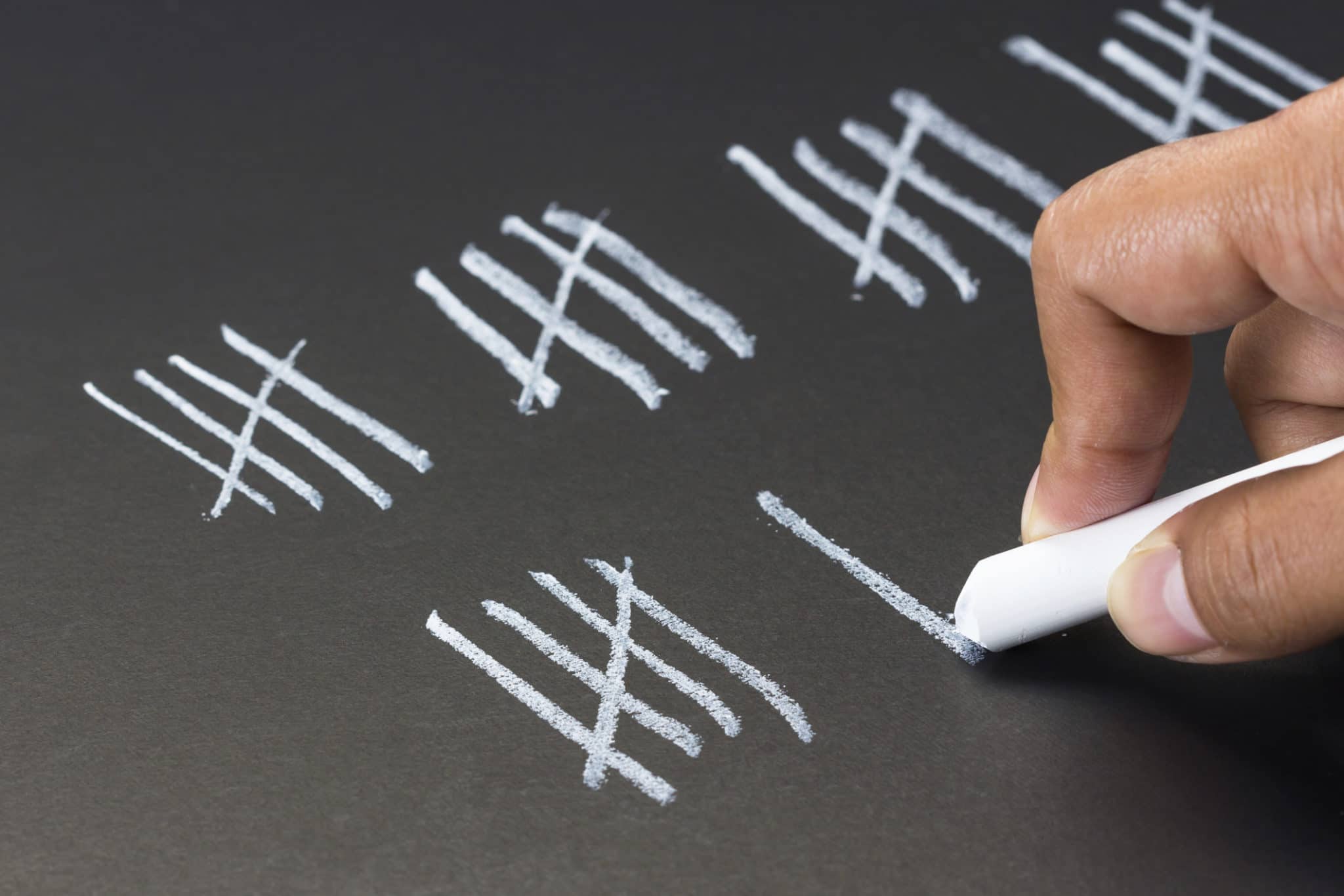12 Paths in Life
Diversity is a hallmark of the human race. We inherently have different personalities. Our distinctions are not meant to be ignored or repressed. They are to be embraced. For it is through our multifariousness that we create the most beautiful music, the most eloquent mosaic. However, the challenge is twofold: 1. How to identify your true personality type, and not try to assume another’s personality or force yourself to fit into the expectations of others, 2. How to ensure that our differences do not cascade into divisiveness, but instead create harmony within diversity.
One can argue that these two are interdependent: When you are secure and sure with your own self, you have the confidence to respect and celebrate the uniqueness of another.
This article offers us a template of twelve personalty types, based on wisdom that goes back over three millennia, to help you discover your distinctive character, and learn to express your unique voice, as part of the philharmonic symphony of the people that walk this earth.
***
In this week’s Torah portion – which closes the book of Genesis – we read how Jacob, in his last days, blesses his children, the twelve tribes. In these blessings lie many secrets foretelling events to come. As the verse tells us: And Jacob called to his sons, and said: “Gather together, that I may tell you what will happen with you in the end of days.”
As a blueprint for life these blessings have much to teach us. Each of the twelve tribes reflects a unique path in life. As the verse tells us at the conclusion of the blessings: All these are the twelve tribes of Israel… every one according to his blessing he blessed them (Vayechi 49:28). What is the meaning of the words “every one according to his blessing?” “Blessing” in Hebrew also means to ‘draw down’ (‘hamshocho’), from the root ‘mavrich.’ Every one of the tribes has his particular journey, his specific energy which he must manifest in this world.
Indeed, our sages teach that the Re(e)d sea split into twelve paths, providing a separate path for each of the twelve tribes.
To understand these twelve paths we must study the different ways that the tribes are described in the Torah. We find three descriptions for the tribes. First, when they are named by their mothers (Vayeitzei – Genesis 29-30; 35:18), each child/tribe is given a name with a particular meaning for a specific reason. Second, when Jacob blesses them (in this week’s portion). And finally, when Moses blesses them at the end of the Torah (Deuteronomy 33:6-25).
In addition the tribes are named and specified many times in the Torah – when they enter Egypt, when they leave Egypt, during their 40 year journey through the Sinai wilderness they travel and camp as tribes, their Temple dedication offerings are repeated twelve times (though they brought the same offerings) to emphasize the twelve unique paths.
Here is one of many applications of these twelve paths, based primarily on this week’s blessings.
Reuven – The First
Shimeon – The Aggressor
Levi – The Cleric
Judah – The Leader
Dan – The Judge
Naftali – The Free Spirit
Gad – The Warrior
Asher – The Prosperous One
Issachar – The Scholar
Zevulun – The Business person
Joseph – The Sufferer
Menashe – Reconnection
Efraim – Transformation
Benjamin – The Ravenous Consumer
Reuven – the first-born (‘bechor’) – represents the powerful energy of everything that comes first. The first fruit, the first moments of the day, the beginning of every creation – has enormous amount of energy. “Unstable like water,’ this power can go either way: If harnessed properly, the ‘bechor’/Reuven energy can change worlds; if abused it can destroy. Like water, it can be the source of life, but if left unchanneled it erodes its environment and can flood its surroundings.
Shimeon is aggressive gevurah – the antithesis of Reuven’s chesed/water. The fierce anger and cruel wrath that can result from unbridled gevurah must be eliminated lest it turns into weapons of violence that consume the person and all those he comes in contact with. [The lesson of this today is self understood].
Levi is the tribe chosen to serve in the Temple. “Levi” also means ‘attached’ or ‘joined’. Levi is the personality of dedicating your life to serving a higher calling. Of freeing yourself from your bounds to material survival and attaching yourself to Divine service (see Rambam, end of Hilchot Shemittah v’Yovel).
Judah means acknowledgement (‘hodaah,’ as in ‘modeh ani’). Judah’s name also includes the four letters of the Divine name Havaya. Judah is the leader; his descendants would be the kings of Israel, beginning with King David and concluding with Moshiach. Judah is the path of selflessness (‘bittul’) – the most vital ingredient in true leadership.
Dan is the path of law and order (‘dan’ means to judge). Objective justice is the heart of any civilization.
Naftali is the free spirit personality. Like a ‘deer running free’ – breaking out of the status quo – independence is a necessary component in growth. Yet, this free spiritedness must always take care to ‘deliver words of beauty.’
Gad is the warrior archetype. Expanding on the justice of Dan, Gad is ready to fight for his beliefs. The warrior is necessary to both defend our cherished values and to protect our freedoms.
Asher is both prosperity and pleasure. Asher is the dimension of blessing beyond the norm – to be given more than what is necessary for survival. Asher is the personality of not just getting what you need, but also enjoying it.
Issachar is the scholar. Scholarship provides wisdom, clarity and direction. It is the foundation of any system. Issachar is the dedication to immerse in study and education.
Zevulun is the merchant, the businessperson personality. His role is to enter the marketplace and redeem the Divine sparks within the material world (the ‘secret treasure hidden in the sand’ – Deuteronomy 33:19). Zevulun complements Issachar; they forge a partnership: Zevulun supports the scholar, he funds houses of scholarship, which earns him a right to partake in the reward of Issachar’s studies.
Joseph is the element of suffering in life. Yet, he not only survives; he thrives. He achieves greatness through his challenges. He overcomes all adversary and becomes a great leader, saving his entire generation. Despite his corrupt environment, he maintains his spiritual integrity. The powerful light that emerges from darkness in Joseph divides into two dimensions – his two sons: Menashe and Efraim:
Menashe represents the ability to not succumb to the powers of the ‘mitzraim-constraints’ that want to make you forget your spiritual roots. To remain connected regardless of the challenges.
Efraim takes it even further. It is not enough to just survive in an alien environment, but to thrive – to ‘be fruitful in the land of my affliction.’ Efraim is the power to transform the difficulties into Divine power.
Benjamin is hungry, hungry for the Divine sparks in all of existence. So, like a ‘ravenous wolf’ Benjamin recognizes that his mission is to passionately seek out the Divine energy embedded in matter, devour it, consume and elevate it.
Twelve tribes. Twelve paths. All necessary to reach our destination.
Which personality are you? What part do you need to develop?
May we discover our path and live up to it. And may that help us reach the time — at the end of days – when we will gain clarity as to who belongs to what tribe (see Rambam Hilchot Melochim 12:3). Perhaps the significance of this revelation is the crystallization that will come in the time when the ‘world will be filled with Divine knowledge as the waters cover the sea.’








Shalom Rabbi – I am so grateful for your teachings which have blessed me over many years. I very much like the article for Vayechi this Shabbat. I have wanted to do a comparison study on these 3 blessings of the tribes. Do you have articles on the names given by the mothers and the blessings by Moshe? Or can you recommend a good source?
Todah Rabah v’ Shabbat Shalom
Judith Yael
I love MLC. Upon stumbling upon this treasure of vast wealth I realized that being able to excavate deeper truths only solidifies my spiritual walk.